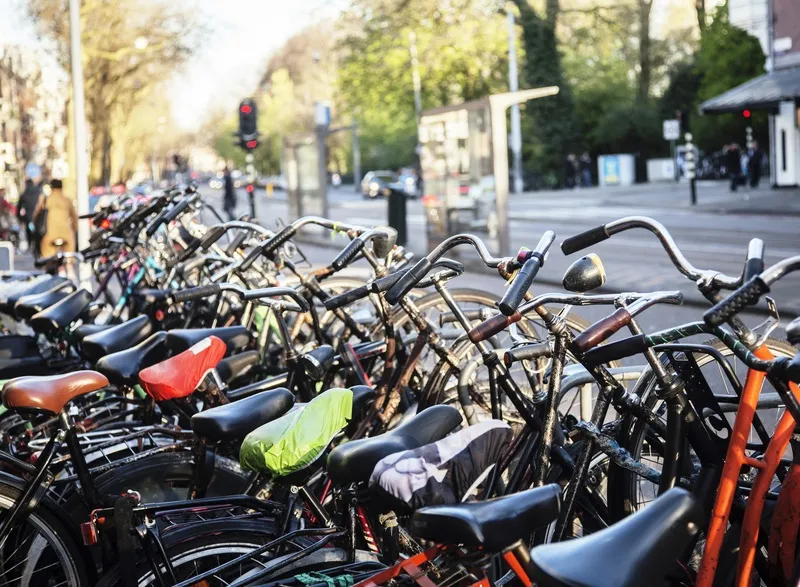The UK government plans to open up roadwork data to tech companies with the aim of reducing traffic jams.
The Department of Transport (DfT) says companies could potentially develop navigation apps powered by artificial intelligence that can warn drivers up to months in advance of planned disruption to routes and offer alternatives.
George Freeman, minister for the future of transport, says the announcement will “help open up data, reducing congestion, pollution and frustration for road users”.
The
September 2, 2019
Read time: 1 min
The UK government plans to open up roadwork data to tech companies with the aim of reducing traffic jams.
The Department of Transport (DfT) says companies could potentially develop navigation apps powered by artificial intelligence that can warn drivers up to months in advance of planned disruption to routes and offer alternatives.
George Freeman, minister for the future of transport, says the announcement will “help open up data, reducing congestion, pollution and frustration for road users”.
The move is also expected to aid the development of route planning systems for connected and autonomous vehicles (C/AVs).
Working with local authorities and the C/AV sector, the DfT will look at introducing legislation to make it easier to access data around 5,000 yearly road closures.











